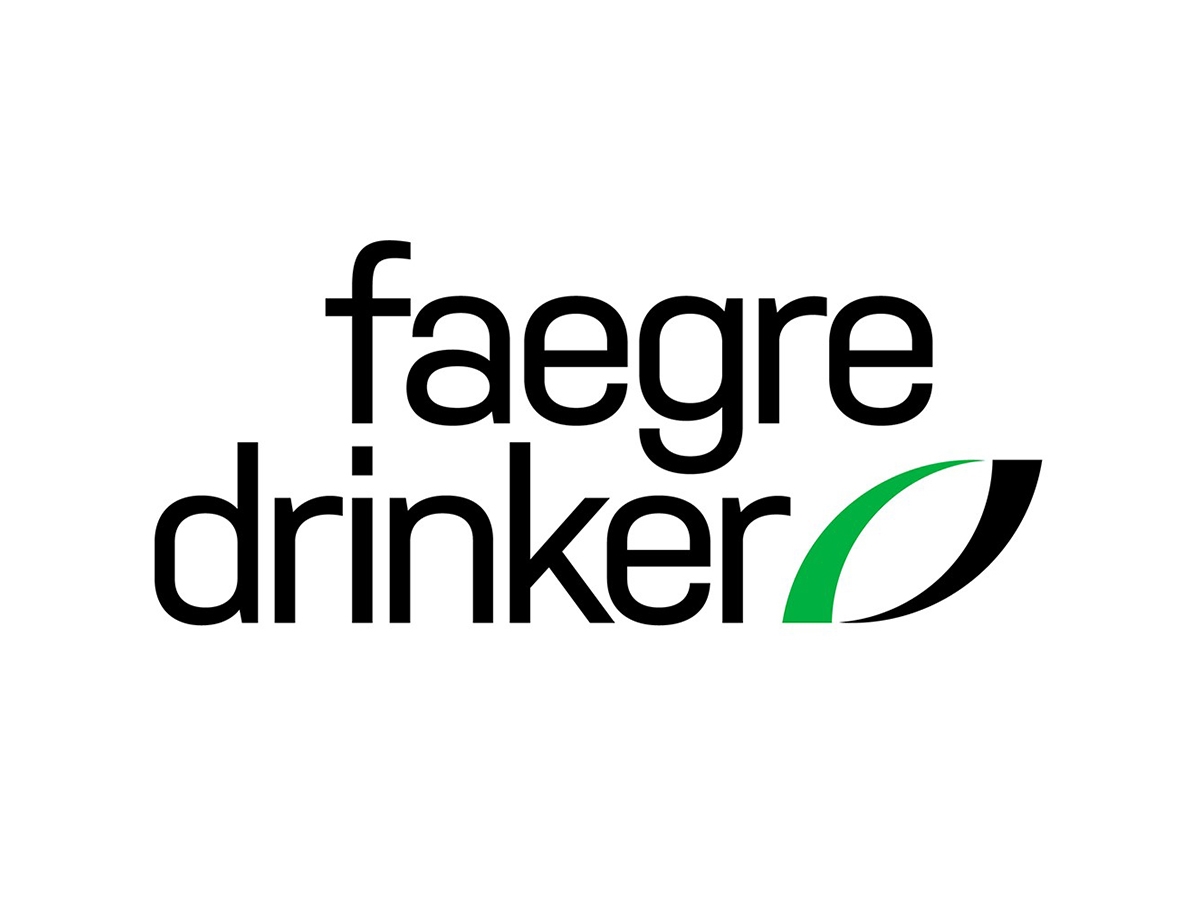Supreme Court Decides Jack Daniel’s Properties, Inc. v. VIP Products LLC | Faegre Drinker Biddle & Reath LLP
On June 8, 2023, the U.S. Supreme Court decided Jack Daniel’s Properties, Inc. v. VIP Products LLC, No. 22-148, holding that (1) when an accused trademark infringer uses another’s trademark to designate the source of its own goods, the accused infringer does not receive special First Amendment protection from infringement claims, and (2) the use of a trademark for parody purposes does not bar a dilution claim under the Lanham Act’s “noncommercial use” exclusion.
In 2014, VIP Products, a dog-toy manufacturer, created a dog toy parodying a Jack Daniel’s whiskey bottle. The toy in question closely resembles the distinct square bottle in which Jack Daniel’s markets its whiskies. The main difference is that instead of describing “Old No. 7 Tennessee Sour Mash Whiskey” manufactured by “Jack Daniel’s,” the toy refers to a “Bad Spaniel” that makes “Old No. 2 on your Tennessee carpet.”
Jack Daniel’s sued VIP for trademark infringement and dilution under the Lanham Act. The trial ruled in favor of Jack Daniel’s on both claims, finding that consumers were likely to confuse the “Bad Spaniels” toy with Jack Daniel’s. The Ninth Circuit reversed. On the infringement claim, the appellate court noted that VIP was engaged in parody and that parodies warrant special First Amendment protection from trademark-infringement suits. On the dilution claim, the court held that parody is “noncommercial” activity and that, because the Lanham Act excludes noncommercial activity from trademark-dilution liability, Jack Daniel’s dilution claim was not viable either.
The Supreme Court rejected the Ninth Circuit’s reading of trademark and First Amendment law. On the infringement claim, the Court held that when an alleged infringer uses another’s trademark to designate the source of its own goods — as VIP did here by trademarking the allegedly infringing “Bad Spaniels” label to “identify and distinguish” its own toy — there is no special First Amendment defense. Parody or not, the Court reasoned, such commercial use of another’s trademark “falls within the heartland” of what trademark law is meant to protect against. Still, the Court cautioned, a trademark’s expressive message, “particularly a parodic one” like here, “may properly figure” in the Lanham Act’s likelihood-of-confusion merits analysis. After all, the Court added, “consumers are not so likely to think that the maker of the mocked product is itself doing the mocking.” The Court accordingly remanded for the Ninth Circuit to undertake that merits analysis.
As for the dilution claim, the Court held that the Lanham Act’s “noncommercial use” exclusion does not “shield parody or other commentary when its use of a market is . . . source-identifying.” Thus, the exclusion did not apply to Jack Daniel’s dilution claim here. The Court accordingly remanded for the Ninth Circuit to address the dilution claim on the merits, too.
Justice Kagan delivered the opinion for a unanimous court. Justice Sotomayor filed a concurring opinion, in which Justice Alito joined. Justice Gorsuch also filed a concurring opinion, in which Justices Thomas and Barrett joined.
DOWNLOAD OPINION OF THE COURT






